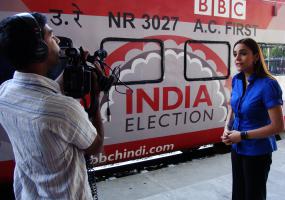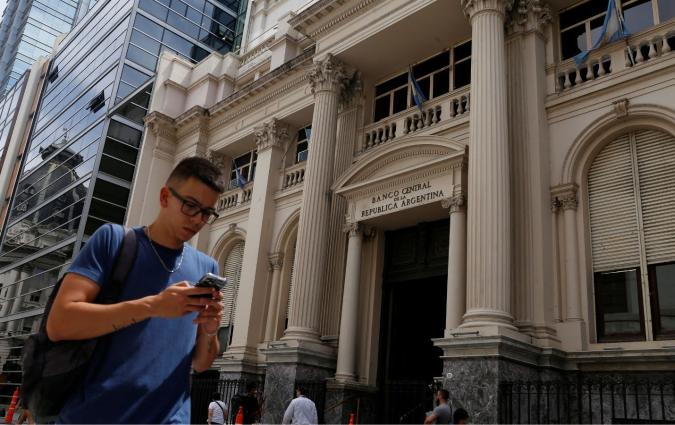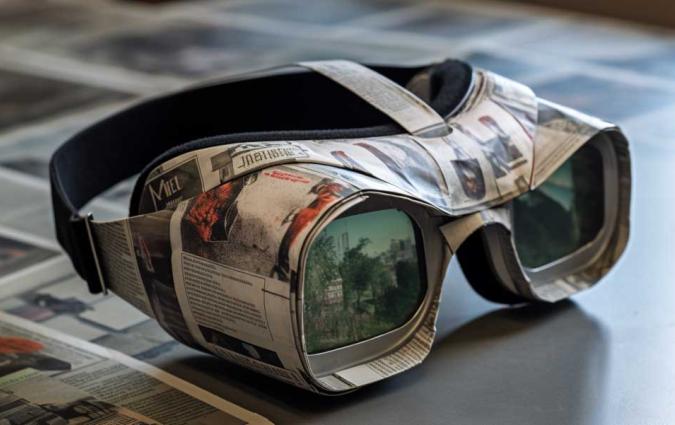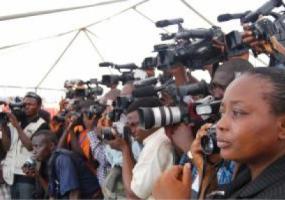The Risks of Non-open Government: How the absence of FOI legislation has weakened Hong Kong media practice

Reuters Institute Fellow's Paper
Wen Lu (Vivian), an investigative and feature reporter in Hong Kong, has written a detailed analysis of the shortcomings of the 1995 Code on Access to Information in her country, and the need for a more comprehensive Freedom of Information Act (FOI) to help journalists.
In her research paper, entitled 'The Risks of Non-open Government: How the absence of FOI legislation has weakened Hong Kong media practice', she essentially examines two key questions by a mixture of a literature review, data analysis, and in-depth interviews. The first question is ‘what’s gone wrong with the 1995 Code in Hong Kong?’ and the second question is ‘How have UK citizens and media benefited from FOI legislation, and what can be learned from this?’In her analysis of official data analysis, Vivian finds that the government presents a positive picture of the results from the public and media professionals using the Code on Access to Information, but in her view, the reality is far from satisfactory. Independent data show that the requests for which information was released in full and in part is around 50%.
In a specific test carried out by the media, the success rate is as low as 33%. She concludes from her analysis of the UK FOI legislation that ‘the most significant benefit of having a law rather than a code is the legal recognition of ‘public interest’, which can be referred to during any appeal stage, and can even sometimes overturn the decision’. And she says that without FOI in Hong Kong, "Important investigative stories often rely heavily on leaks from individuals who may have a particular agenda of their own. Inevitably these leaks sometimes lack verification, so the only option open to a journalist is confrontation. This pushes Hong Kong journalists, even those who work on serious topics, into being 'political paparazzi'." Her conclusion is simple: the enactment of a FOI law in Hong Kong is urgently needed.
As with all Fellows’ research papers, any opinions expressed are those of the author and not of the Institute.
Image: REUTERS/Bobby Yip






